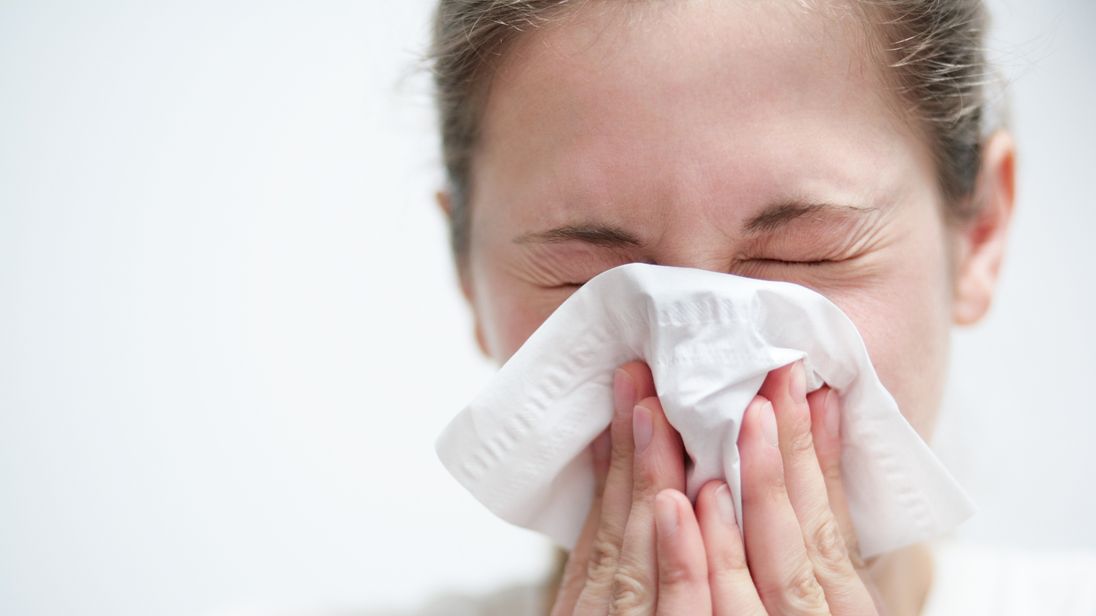What to Do If You Have the Flu

Health officials are saying this year’s flu season will be an especially serious or difficult one. It has already reached epidemic levels in every state accept Hawaii. Hospitals are already reporting a large number of cases. The news has been filled with reports of young healthy children dying from the flu.
The flu is striking young, old and everyone in between. It’s striking people in poor health and good health. It’s not discriminating who it attacks.
The problem is that the flu vaccine is only effective in about 10% to maybe 30% of cases. That’s because the makers of the vaccine have to guess in advance which strain and version of that strain will be the one to target with the vaccines, but those guesses are made about 8-9 months in advance of the flu season because it takes that long to create and manufacture the vaccine.
This year, there are three major strains of flu, along with a number of minor flu versions going around, thus the reason why the vaccine is not as effective as one would like.
From what all the experts have been saying, all one needs to do is go out in public or be in the vicinity of anyone with the flu and you can catch it. That’s especially scary for people like myself who have a weakened immune system.
So, what are you supposed to do if you think you have the flu?
Should you go to the doctor or hospital or crawl into bed, push fluids and ride out the storm?
According to an infectious disease specialist, sick people should see a doctor or go to the hospital as soon as they think they have flu. He says that the sooner anti-viral drugs are administered during the earliest hours of the flu, the better the response the person will have and the sooner the person may recover.
The same expert said the key symptom to look for is shortness of breath. Dr. Amesh Adalja, commented:
“When someone is unable to breathe normally, that’s a sign the flu may be progressing to pneumonia.”
Adalja says that the current strains of flu often strikes the upper respiratory tract, including the bronchi. It can be a sore throat and raspy cough. If you feel the flu moving down to the lungs, making it difficult to breathe and the cough gets worse, he warns that this can quickly develop into pneumonia and even worse in a very short length of time.
Just the other day, a healthy mom in her 40s who runs marathons died from the flu. Her father said she went to seek medical aid twice and was then sent home. The flu went into pneumonia and then septic shock and she died within hours of going to the hospital.
The flu can also cause a dangerously high fever that may require medication or treatment to control or prevent from getting high enough to cause brain damage. If one gets a high fever, it’s probably wise to seek help.
The flu can also cause vomiting and diarrhea, which can drain a person of vital fluids, causing dehydration. Severe dehydration can be very dangerous, leaving a person extremely weak, disoriented and puts an undue stress on the heart and kidneys. It’s important to push fluids, but if that becomes a problem, one needs to get the hospital where fluids can be administered via IV.
The bottom line is that if you suspect you have the flu, seek medical treatment early. If the flu moves down to your lungs, seek medical treatment. If you run too high of a fever – 103° or higher, seek medical treatment. If you begin to get dehydrated, seek medical treatment. Caution is better than becoming another fatal statistic








Recent Comments